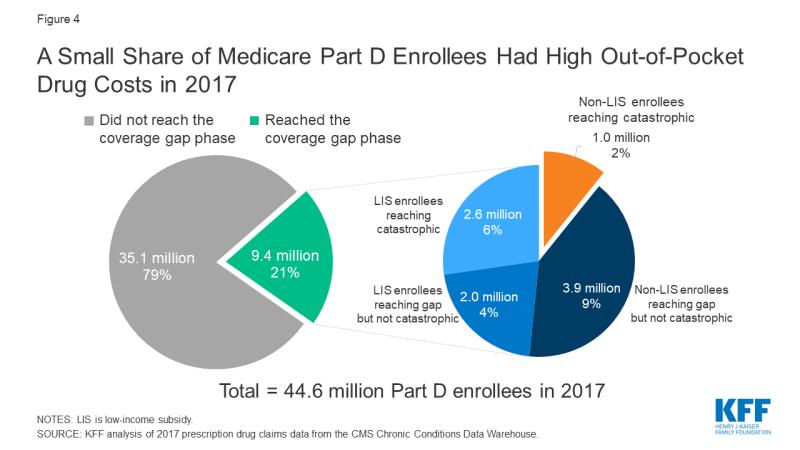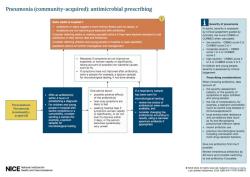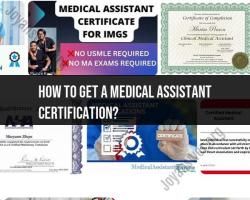Can I Use my Part D benefit to pay for pharmacy services?
Medicare Part D primarily provides prescription drug coverage, and its benefits are specifically designed to help cover the costs of prescription medications. While Part D focuses on medications obtained through pharmacies, it generally does not cover other pharmacy services, such as compounding services, medication therapy management (MTM), or other non-prescription items.
Here are some key points to consider:
Prescription Medications:
- Part D benefits are primarily intended for prescription medications prescribed by a healthcare provider. These medications are typically obtained from pharmacies.
Coverage for Pharmacy Services:
- Part D benefits do not generally cover pharmacy services beyond the cost of the prescription drugs themselves. Services such as medication therapy management or counseling may not be covered under Part D.
Over-the-Counter (OTC) Medications:
- While Part D primarily covers prescription medications, there are instances where certain over-the-counter (OTC) medications may be covered if prescribed by a healthcare provider. However, this is not common, and coverage for OTC medications is limited.
Part B vs. Part D:
- Some pharmacy services may fall under Medicare Part B rather than Part D. Part B covers certain outpatient services, and in some cases, this may include certain drugs that are administered by a healthcare provider in an outpatient setting.
Supplemental Coverage:
- Some Medicare Advantage plans (Part C) or standalone Medicare Supplement Insurance (Medigap) plans may offer additional coverage beyond what is provided by Original Medicare (Part A and Part B). These plans may include coverage for additional services, but specifics vary by plan.
Pharmacy Network:
- Part D plans often have a network of pharmacies with which they have negotiated pricing agreements. Using a pharmacy within the plan's network can help maximize cost savings.
It's important to carefully review the details of your specific Part D plan to understand what services are covered and what costs you may be responsible for. Additionally, you can contact your Part D plan directly or consult with a Medicare counselor to get specific information about your plan's coverage.
If you have specific pharmacy services or non-prescription items that you are unsure about, it's recommended to reach out to your Part D plan for clarification. Medicare plans can have variations in coverage, so understanding the details of your plan is crucial for making informed decisions about your healthcare.
Coverage of Part D Prescription Drug Plans for Pharmacy Services
Part D prescription drug plans cover a variety of pharmacy services in addition to the cost of prescription medications. These services may include:
Dispensing Fees: Dispensing fees are the fees that pharmacies charge for filling and dispensing prescriptions. Part D plans typically cover dispensing fees for both generic and brand-name medications.
Vaccinations: Part D plans cover a number of preventive vaccinations, including the flu shot, the pneumonia vaccine, and the shingles vaccine.
Other Pharmacy Services: Part D plans may also cover other pharmacy services, such as:
Medication therapy management (MTM): MTM is a service that helps pharmacists review a beneficiary's medications and identify potential problems, such as drug interactions or side effects.
Generic drug counseling: Generic drug counseling helps beneficiaries understand the benefits of generic medications and how to save money by switching to generics.
Disease management: Disease management programs help beneficiaries manage chronic conditions, such as diabetes or heart disease.
Identifying Covered Pharmacy Services
The specific pharmacy services covered under your individual Part D plan will vary depending on the plan. To find out what pharmacy services are covered by your plan, you can:
Check your plan's formulary and drug list: The formulary and drug list typically include information about covered pharmacy services.
Visit your plan's website: Many Part D plans have a section on their website that lists covered pharmacy services.
Call your plan's customer service number: A customer service representative can tell you what pharmacy services are covered by your plan.
Limitations and Exclusions
Part D plans may have limitations or exclusions regarding coverage for pharmacy services. For example, a plan may limit the number of MTM sessions that a beneficiary can receive each year. Or, a plan may not cover vaccinations that are not recommended by the Centers for Disease Control and Prevention (CDC).
It is important to check with your Part D plan provider or pharmacist for any limitations or exclusions regarding pharmacy services coverage. This will help you avoid unexpected costs.













